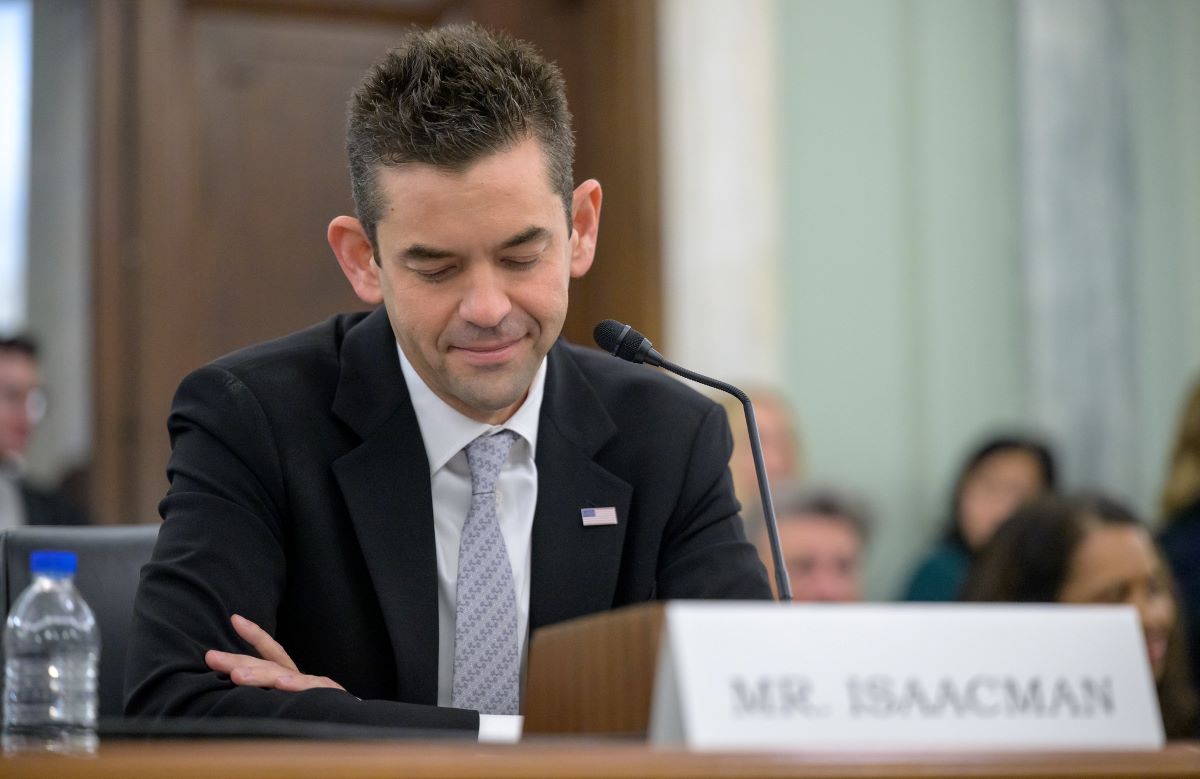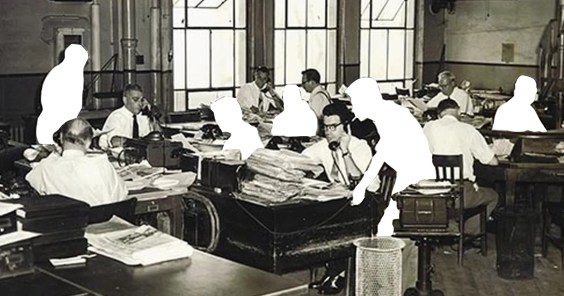The Twin Cities' Orange Line bus rapid transit project ought to be a slam dunk. According to Sean Hayford O'Leary at streets.mn, it will provide frequent service and travel times similar to the region's successful light rail lines, which carrying tens of thousands of passengers daily. At just $150 million to construct, the Orange Line will be a bargain.

But dysfunctional regional politics may cut off $45 million in funding, O'Leary reports, threatening the project:
Residents of South Minneapolis, Richfield, and Bloomington got some very bad news last week. In response to a move by Dakota County to leave the Counties Transit Improvement Board, CTIB is considering withdrawing its funding for the Orange Line Bus Rapid Transit.
Although end-to-end, the line connects Dakota County to downtown Minneapolis, the vast majority of the capital investment, stops, and riders are within Hennepin County. Although I do not agree with Dakota County’s decision to leave CTIB, I am outraged that the CTIB board is playing political games with a much-needed, cost-effective transit line that will serve my community.
I spoke with Christina Morrison, the Metro Transit project manager for the Orange Line. According to Morrison, 92% of the 2040 Orange Line boardings are anticipated to be from Hennepin County. This is overwhelmingly a project that will serve Hennepin County residents and businesses.
What’s more, according to Morrison, CTIB’s $45 million contribution would come from the years 2016, 2017, and 2018 -- and Dakota County’s payments to CTIB would not terminate until the end of 2018. Even with their withdrawal, Dakota County would still be paying their fair share toward this project.
Elsewhere on the Network today: The Urban Edge shares survey data showing that Houston Metro riders, not long after a major bus network redesign, are largely satisfied with service. And Transportation for America reports from North Nashville, where the neighborhood is trying to repair damage done by an urban highway with an assist from U.S. DOT's Every Place Counts initiative.





